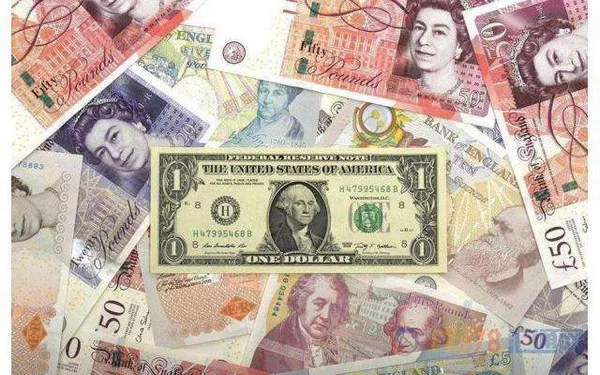The British Pound (GBP) extended its upward momentum against the US Dollar (USD) for a second consecutive session on Tuesday, trading near 1.3360 during early Asian market hours. The rally in the Pound comes as the greenback struggles under the weight of a fresh downgrade to the United States’ credit rating by Moody’s Ratings.
Moody’s lowered the US sovereign credit rating from “Aaa” to “Aa1,” citing long-term fiscal concerns. The agency forecasts that US federal debt will balloon to around 134% of GDP by 2035, up sharply from 98% in 2023. It also expects the federal budget deficit to widen to nearly 9% of GDP. Key concerns include surging debt-servicing costs, expanding entitlement obligations, and a weakening revenue base.
This move mirrors earlier actions by Fitch Ratings in 2023 and Standard & Poor’s in 2011, reinforcing growing market unease about the sustainability of US fiscal policy.
US Dollar Weakens on Easing Inflation and Growth Worries
Adding to the USD’s decline, recent US economic data have reinforced expectations for monetary policy easing. Inflation metrics released last week—including the Consumer Price Index (CPI) and Producer Price Index (PPI)—suggested diminishing price pressures. Combined with disappointing retail sales figures, the data have intensified concerns about a prolonged slowdown in US economic activity.
As a result, markets are increasingly pricing in the likelihood of additional interest rate cuts by the Federal Reserve in 2025, further undermining the dollar’s appeal.
Focus Shifts to UK Inflation Report
Attention now turns to the United Kingdom’s April Consumer Price Index (CPI) report, due on Wednesday, which could offer new clues on the Bank of England’s (BoE) policy direction. The spotlight will be on the core CPI figure—which strips out volatile components such as food, energy, alcohol, and tobacco. Markets expect core inflation to rise 3.6% year-over-year, slightly above the previous reading of 3.4%.
A stronger-than-expected reading could support further gains in GBP, reinforcing expectations that the BoE will maintain a tighter monetary stance amid persistent inflationary pressures.
Related Topics:






















